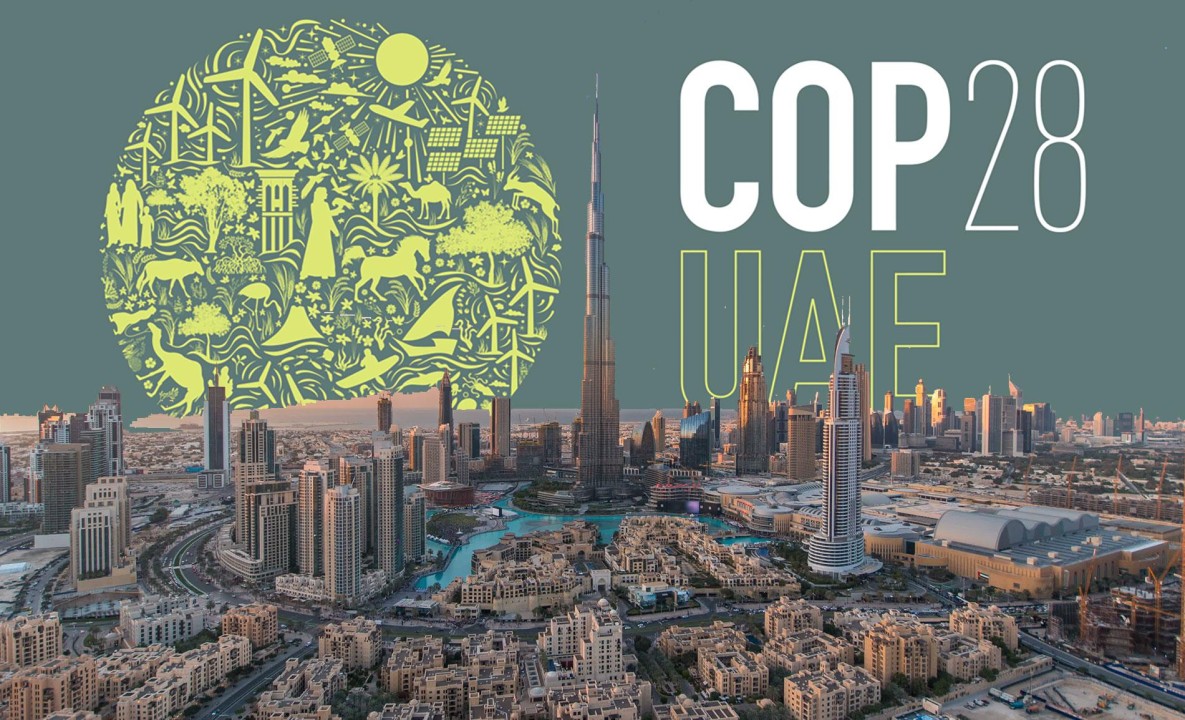
The World Climate Action Summit has finished, the leaders have left and the crucial talks move to the next phase.
Throughout the summit, a cascade of impactful pledges has unfolded, spanning finance, food systems, renewable energy, coal reduction, and noteworthy endorsements for nuclear power.
The pledges are separate from the consensus-driven negotiations at the heart of the COP, which are continuing at the Expo City Dubai venue.
So what has happened so far, and what can we expect over the next few days?
Promising start
An auspicious beginning marked the opening session led by Dr. Sultan Al Jaber, COP28 President, on Thursday. The launch of the loss and damage fund saw countries responding with financial commitments, setting an encouraging tone for the proceedings.
By Friday, an early draft text of the “global stocktake” was unveiled — a pioneering assessment of the Paris Agreement designed to limit temperature increases to 1.5ºC above pre-industrial levels. Though the text was very basic, it left room for deliberation on fossil fuels, a probable focal point in the eventual agreement.
Raising ambition
The call for increased ambition resonated as global leaders endorsed a UAE food and climate action declaration. Simultaneously, the UAE pledged $30 billion in climate finance, addressing the world’s funding challenges.
Central to the food initiative was a commitment to slash emissions from farming — a sector responsible for approximately one-third of the world’s greenhouse gas footprint — by transitioning to more climate-friendly practices.
Oil and Gas Companies
Fifty oil and gas companies, representing more than 40 percent of global oil production, committed to significant cuts in CO2 and methane emissions, earning widespread international support. Notably, a substantial $1 billion in grant funding has been earmarked to address the urgent need to mitigate methane levels in the Earth’s atmosphere.
Renewable mandate and circularity
At the heart of COP28 lies a critical call for a transformative energy shift towards renewables. Fossil fuels, entangled in geopolitical tensions and finite availability, carry far-reaching implications, while around 116 countries committed to triple renewable energy capacity worldwide by 2030.
A spotlight on this commitment shines through the Renewable Hub at COP28, a focal point organized by key entities like the International Renewable Energy Agency (IRENA) and the Global Renewable Alliance (GRA). This hub dives into the nuances of circularity, an essential prerequisite for reducing waste and promoting reuse within renewable systems.
Circularity, intricately woven into the fabric of renewables, emerges as a cornerstone for sustainable energy systems. In stark contrast to the linear and extractive nature of fossil fuels, circularity envisions a closed-loop system where resources are perpetually recycled and repurposed. This design philosophy extends to the core of renewable technologies, prioritizing recyclability, durability, and the use of eco-friendly materials. It signifies a paradigm shift towards a more sustainable and regenerative energy production and consumption approach.
COP28: Striking a Balance for Lasting Impact
Despite COP28’s potential for transformative change, the fossil fuel industry’s looming influence raises concerns about realizing its full potential. While the event sets the stage with legislative measures, contractual commitments, and bold declarations, the true impact hinges on society’s and corporations’ proactive adoption of renewable energy solutions.
Beyond COP28: A Call for Proactive Change
Recognizing COP28 as a critical juncture, it is essential to view it as part of a broader narrative. The challenges and constraints inherent in diplomatic negotiations must be surpassed by the active engagement of society and corporations — the primary architects of true change. In a world seeking solutions, the delicate interplay between awareness and decisive action must pivot definitively toward a future where choices driven by lobbying give way to a genuine dedication to sustainability.
In conclusion, the significance of COP28 extends beyond the decisions made within its confines. While the fossil fuel industry may exert influence, the true power lies within the collective will of society and the economy. As COP28 unfolds, the imperative is clear — it is time to take action, ushering in an era where meaningful impact supersedes the shadows of lobbying. The journey to renewable energy may encounter obstacles, but it is through the united determination of society and corporations that the true legacy of COP28 will be forged — a legacy of a sustainable, resilient, and equitable future.

I’ve spent the past 18+ years helping ports, supply chains, and global businesses turn sustainability goals into real, measurable results.
From leading billion-dollar infrastructure projects to building my own consulting firm, I’ve seen how the right strategy can turn pressure into opportunity.
My mission today is simple: help leaders like you build sustainable, future-ready businesses that don’t just check boxes—but actually make an impact. One decision, one project, one team at a time.
Let’s build what’s next—together.
Have a project or idea in mind?
I’d love to hear what you’re working on.
Book a quick call here